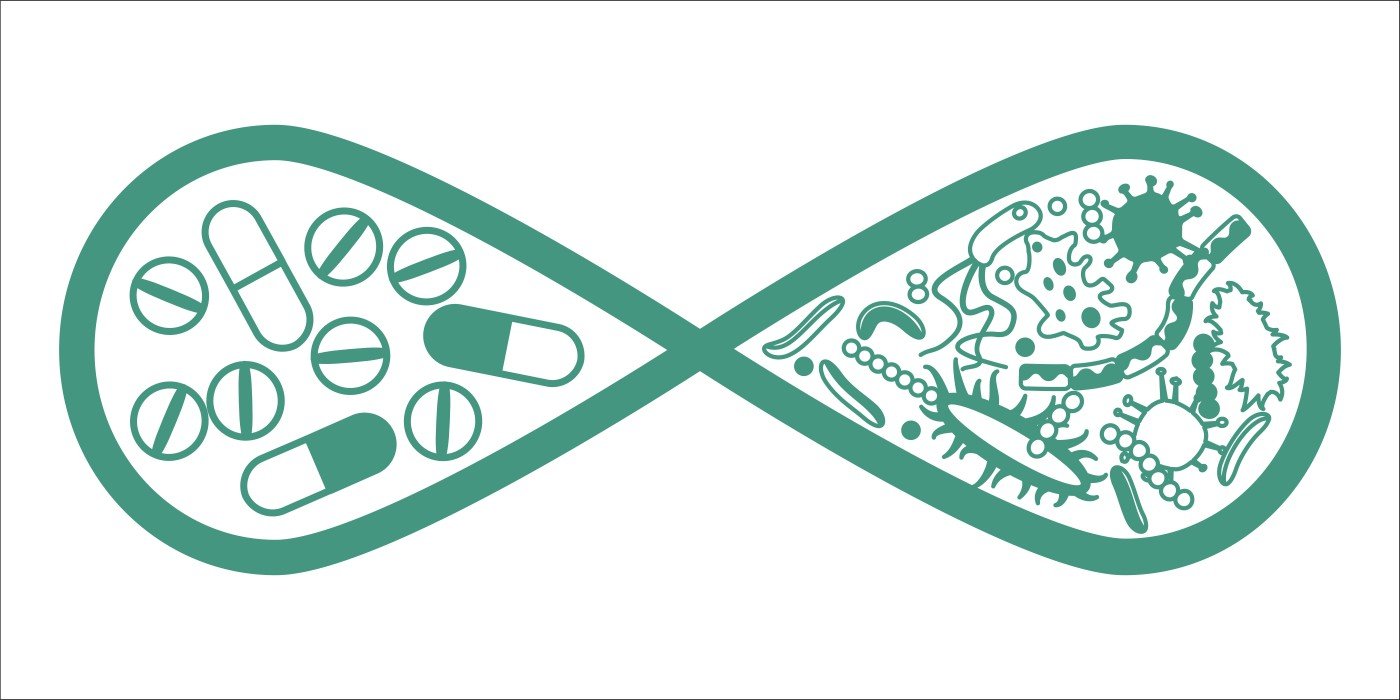Bacteria May be Reason Some Foods Cause Heart Disease, Stroke
Hazen's hope is to develop ways to alter these bacteria or their products to lower the risk of heart disease. Choline is considered an essential nutrient and getting too little can, ironically, lead to heart disease, cancer and other conditions. Related: These 10 Foods Affect Your Heart Disease Risk"Foods that raise TMAO may increase your risk for clotting and thrombotic events. Studies indicate they may affect the risk of cancer, heart disease and even mental illnesses such as schizophrenia. Researchers trying to figure out how meat causes heart disease came up with another possible explanation Monday: an essential nutrient found in meat and eggs might be a culprit.
Microorganisms that infect the respiratory system of CF patients vary according to the age of the host. CF is characterized by the production and accumulation of thick mucus in the lungs, and patients are susceptible to acute and chronic bacterial respiratory infections. In early childhood, respiratory infections are mostly due to Staphylococcus aureus and Haemophilus influenza. They concluded their review by noting that, either alone or in combination with standard care, inhibiting TCS signals may prove to be treatment options against bacterial infections in CF patients. Although many different bacterium and fungi can be held responsible for the respiratory infections if CF patients, P. aeruginosa is the most common and associated poor outcomes.
collected by :Lucy William
No comments:
Post a Comment